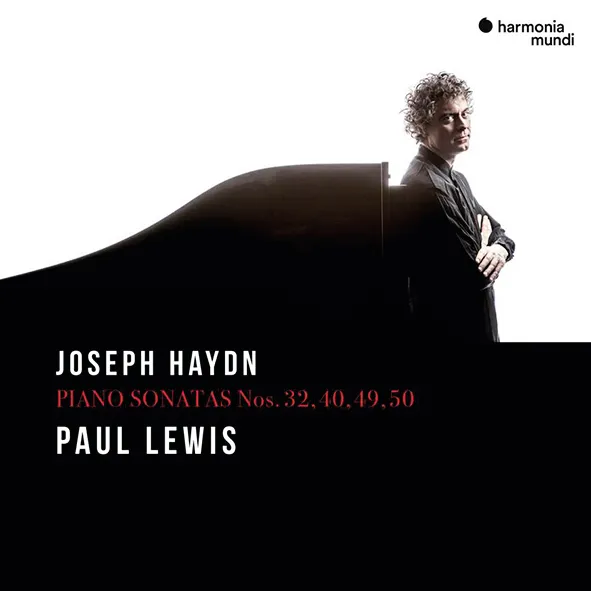
Haydn Piano Sonatas: No. 47 in B minor, Hob.XVI:32; No. 54 in G, Hob.XVI:40; No. 59 in E flat, Hob.XVI:49; No. 60 in C, Hob.XVI:50 Paul Lewis (piano) Harmonia Mundi HMM 902371 69:27 mins
It was the late John McCabe who set the standard with his fine recordings of the then-neglected complete Haydn keyboard sonatas back in the 1970s. More recently, we have had surveys by the volatile Marc-André Hamelin and the enchanting Jean-Efflam Bavouzet, plus distinguished CD selections from such pianists as Yevgeny Sudbin, Leon McCawley and Denis Kozhukhin, not to mention an alternative fortepiano account of the entire output by Ronald Brautigam. Now Paul Lewis has launched his own project to record the lot. While holding in reserve the sonorous depths and gradations of pedalling offered by the modern grand piano, his touch is predominately light, with an evenness of figuration and crispness of attack that, even in Haydn’s more explosive moments, is never allowed to degenerate into percussiveness. Although the score of the severe middle period Sonata in B minor contains no dynamics – Haydn was doubtless still thinking primarily of the harpsichord – Lewis’s choice of them is unfailingly convincing, while he unfolds the three more complex mature sonatas that make up the disc on a notably broad scale. This is partly a matter of observing all the repeats, but also of his ability to think in paragraphs and to convey the larger harmonic steps that underlay Haydn’s ever- changing detail. Especially beautiful are Lewis’s accounts of the slow movements of the E flat and C major Sonatas, to the ornately unfolding phrases of which he brings a singing quality. Indeed, he can occasionally be heard faintly humming along himself, which may annoy a few listeners, though it hardly alloys a most rewarding, not to say promising release.
Bayan Northcott